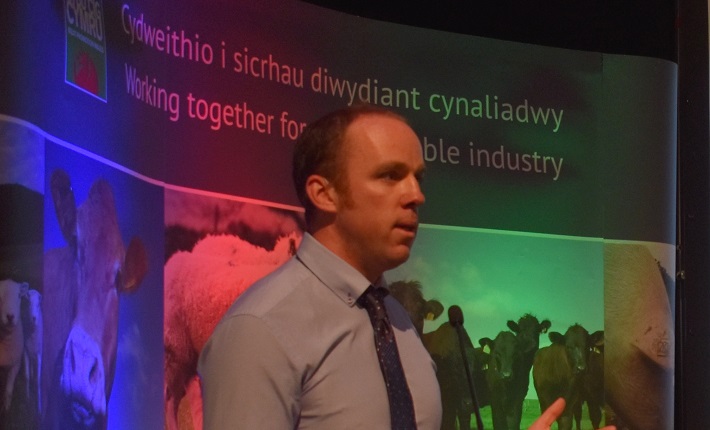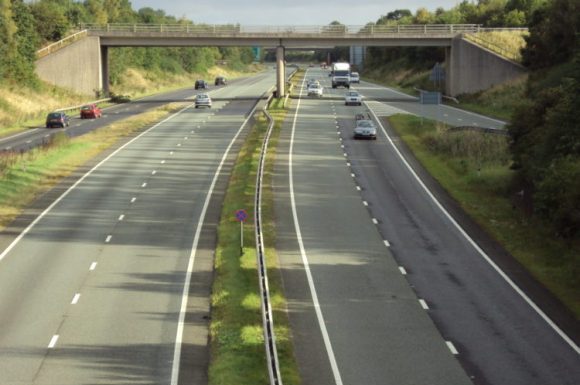Last weeks launch of the report of the Intergovernmental Panel on Climate Change (IPCC) in Geneva highlights how sustainable livestock production, similar to the low-intensity systems found in Wales, can be part of the solution to climate change, says Hybu Cig Cymru – Meat Promotion Wales (HCC).
Billed as the first comprehensive study of the land-climate system on a global level, the IPCC Climate Change and Land report is designed to inform government policy across the world. It warns that reducing greenhouse gas emissions from all sectors is crucial to limiting global warming, while emphasising that land must remain productive to ensure food security.
HCC chief executive Gwyn Howells said that while some in the UK media had used the report selectively to advance an anti-meat and anti-farming agenda, Climate Change and Land was a welcome contribution, which highlighted how low-intensity livestock production systems such as those in Wales could make a positive contribution to global environmental management.
“The report’s authors are quoted as saying that people need to consume balanced diets – a combination of plant-based products and food from sustainably-farmed animals,” said Gwyn. “It also warns against taking land out of food production, arguing that this might impact on global food security.”

He added, “The report also notes that food production systems and environmental impacts vary greatly across the world. Sustainable, low-carbon agriculture is the common theme to its recommendations, but policies will vary according to local circumstances.”
Dr. Prysor Williams, Senior Lecturer in Environmental Management at Bangor University, has given keynote lectures on livestock farming and the environment at this week’s National Eisteddfod. He welcomed the report and called for more balanced coverage of its recommendations.
“The IPCC report adds to the growing volume of work which highlights how farming and land-use systems the world over can contribute to mitigating climate change,” said Prysor.
“There are ways in which Welsh farming can become even more sustainable, but it’s important to recognise that not all production systems are the same,” he explained. “In Wales, sheep and beef farming are largely low in intensity. Natural pasture grazing produces most of the food that the animals need, while also helping to capture carbon if managed effectively.”
Prysor added, “80% of Wales’s agricultural land is unsuitable for growing arable crops. The IPCC’s focus on food security illustrates that making the most of such land by efficiently turning pasture into protein can be an important part of the balanced diet that our global population needs.”










